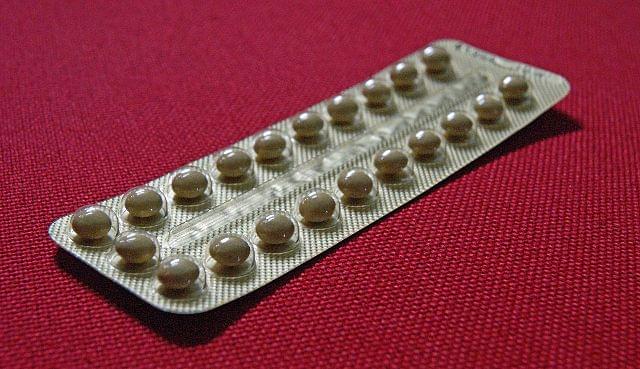In Budget 2022 the government announced that they would be making all contraceptive products free for women aged between 17 and 25 in the Republic of Ireland. In Budget 2023, as part of a plan to place increased focus on women’s health, this scheme was extended to women aged 16 to 30. But what does this all mean for women in Ireland and how can we avail of it?
The original scheme for women aged 17 to 25 officially launched in September of this year with over €9 million in funding allocated. Women in this age group can now avail of the scheme through their GP. However, not all GPs are expected to sign up to the scheme, a choice which has been left at their discretion. The reasoning given behind this is that GPs are best placed to make this decision based on their patient demographics and their ability to take on extra work. The scheme is expected to roll out to other ages announced in Budget 2023 next year.
The scheme covers the cost of the entire process. This can include consultations with any medical professions to discuss contraception options as well as the fitting and removal of long-term contraception. All costs are covered for a range of contraception options including, implants, IUD and coils, contraceptive injections, contraceptive patch and ring, various forms of the contraceptive pill. The scheme even covers the cost of emergency contraception (the morning-after pill). It is expected that a nationwide campaign will be launched by the Department of Health to inform people about the scheme and their options.
GPs, primary care centres and pharmacies have all signed up to the scheme meaning that if you are already prescribed contraception by your doctor there is no need for you to attend another consultation. Both GPs and pharmacies will require people to provide their PPS numbers in order to avail of the scheme.
Contraception has a long and complicated history in Ireland. Contraception was actually legal in Ireland before 1935. However, with the passing of the Criminal Law Amendment Act all forms of contraception were made illegal. Much of the stigma surrounding contraception can be explained through Irealnd’s history as a staunchly catholic country with staunchly catholic values. This is evident in the discourse around contraception from the 1960s till 1979, where the pill could only be prescribed by a woman’s doctor if she complained of a heavy period or an irregular cycle and if her ‘religious values’ allowed.
Years of campaigning by women’s rights activists occurred before contraception was made legal. This campaigning included the ‘contraception train’ protest where women brought contraceptives into the republic from Northern Ireland. Campaigners risked being detained by waving condoms as they arrived in Connolly station and swallowing aspirin pills pretending they were the contraceptive pill. The protest gained worldwide media attention when camera crews from countries such as the US and Japan filmed the women arriving back in Dublin.
In 1979 contraception was legalised through the Family Planning Act. Contraception was intended for family planning purposes only. This was widely interpreted as that contraceptives were only available to married couples. Needless to say, Ireland has come a long way since contraception was legalised. Now, with this new scheme, the cost barriers for contraceptives have been removed for all women aged 16 to 30.
Though this change has been welcomed by many including the National Women’s Council, people have criticised it for not extending far enough. Women aged over 30 will still have to pay for contraception, the costs of which can be hundreds of euros per year. There is also an issue with the voluntary nature of GPs and pharmacies signing up to the scheme. The scheme has been active for less than a month and as a result it is still unclear how well it is working. In addition to this scheme in Budget 2023, there has been additional funding allocated to IVF services as well as a zero VAT rate applied to both period products and Hormone Replacement Therapies (HRT). With all this in mind and despite its flaws, it is fair to say that Ireland is prioritising women’s health in a way we’ve not seen before.






